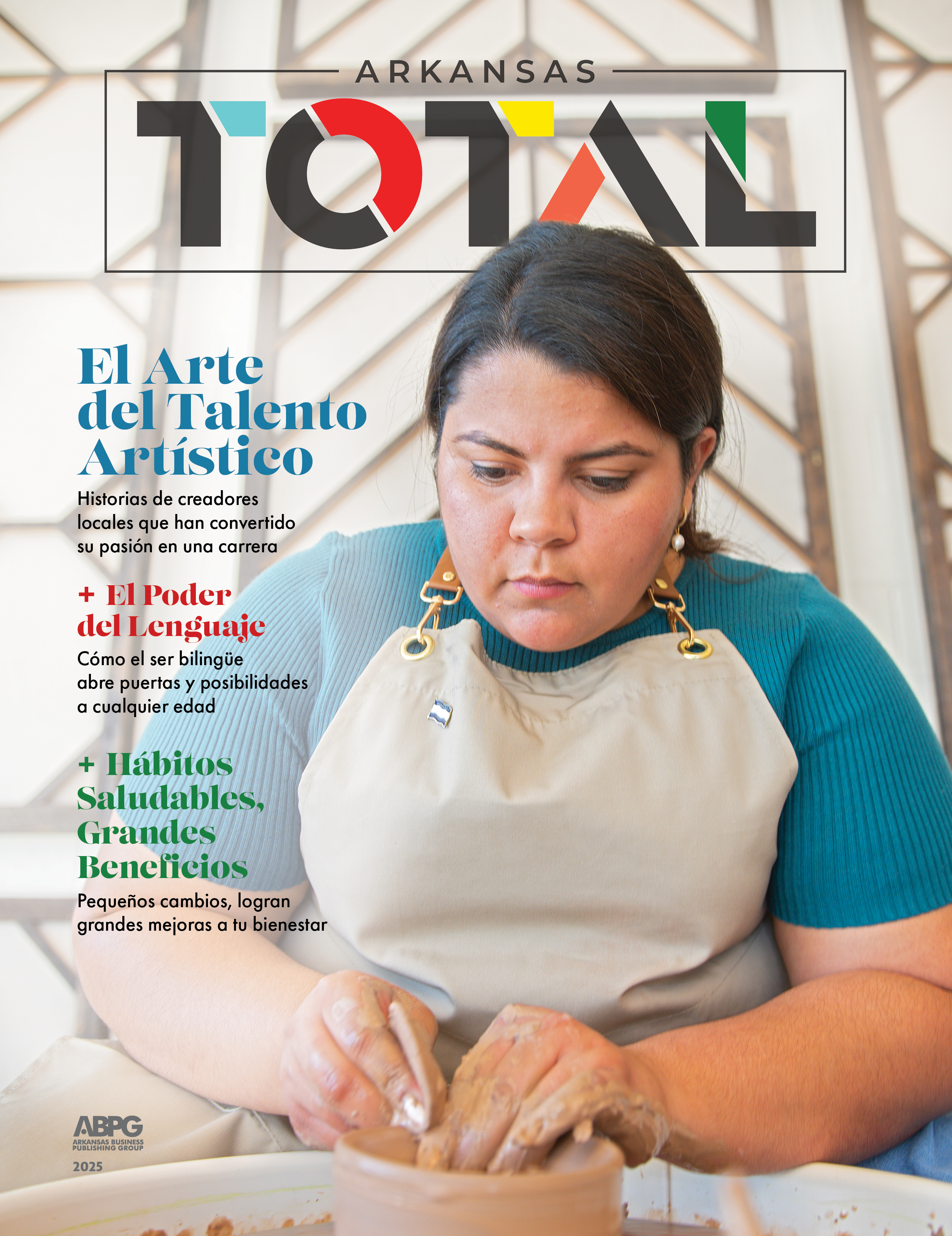Important Issues for Latino Voters in 2024

También puedes leer este artículo en español, Asuntos Importantes para los Votantes Latinos en el 2024.
The 2024 U.S. elections are scheduled to be held on Nov. 5, 2024. This year, the president and vice president will be elected. There are 63 million Latinos in the U.S., and an estimated 36.2 million are eligible to vote this year, compared with 32.3 million in 2020. Latinos are an important part of this country’s prosperity, as well as a growing portion of the electorate. Many politicians recognize the increase in this electoral power, and both Democrats and Republicans are interested in the Latino vote.
1. Safer Communities
Latinos are hard-working people, they respect the law, and they want safe neighborhoods.
2. Economic Opportunities
Hispanics spent around $2.09 billion in 2021. They pay into federal taxes and send money to their families back home.
3. Quality Education
Latinos see education as the key to a better future. They are concerned that nearly half of Latino youth do not graduate from high school, and they call for greater investment in public schools and early childhood education, bilingual services and access to higher education.
4. Access to Health Services
In 2020, 18% of the Hispanic population was not covered by health insurance, compared with 5% of the non-Hispanic white population, according to the Census Bureau. Many Latinos face language barriers that prevent them from accessing health services.
5. Immigration Reform
The U.S. immigration system results in family separation, deaths at the border and little opportunity for immigrants to become legal.
6. Employment Opportunities
Many Latino workers have jobs with few benefits, low wages and little advancement.
How to register to vote:
Visit vote.gov and you will find official government information to register to vote. Just select your state or territory from the menu, and depending on the voter registration rules in your area, you will be able to know: how to register online to vote; by postal mail; or in person at your election office.

